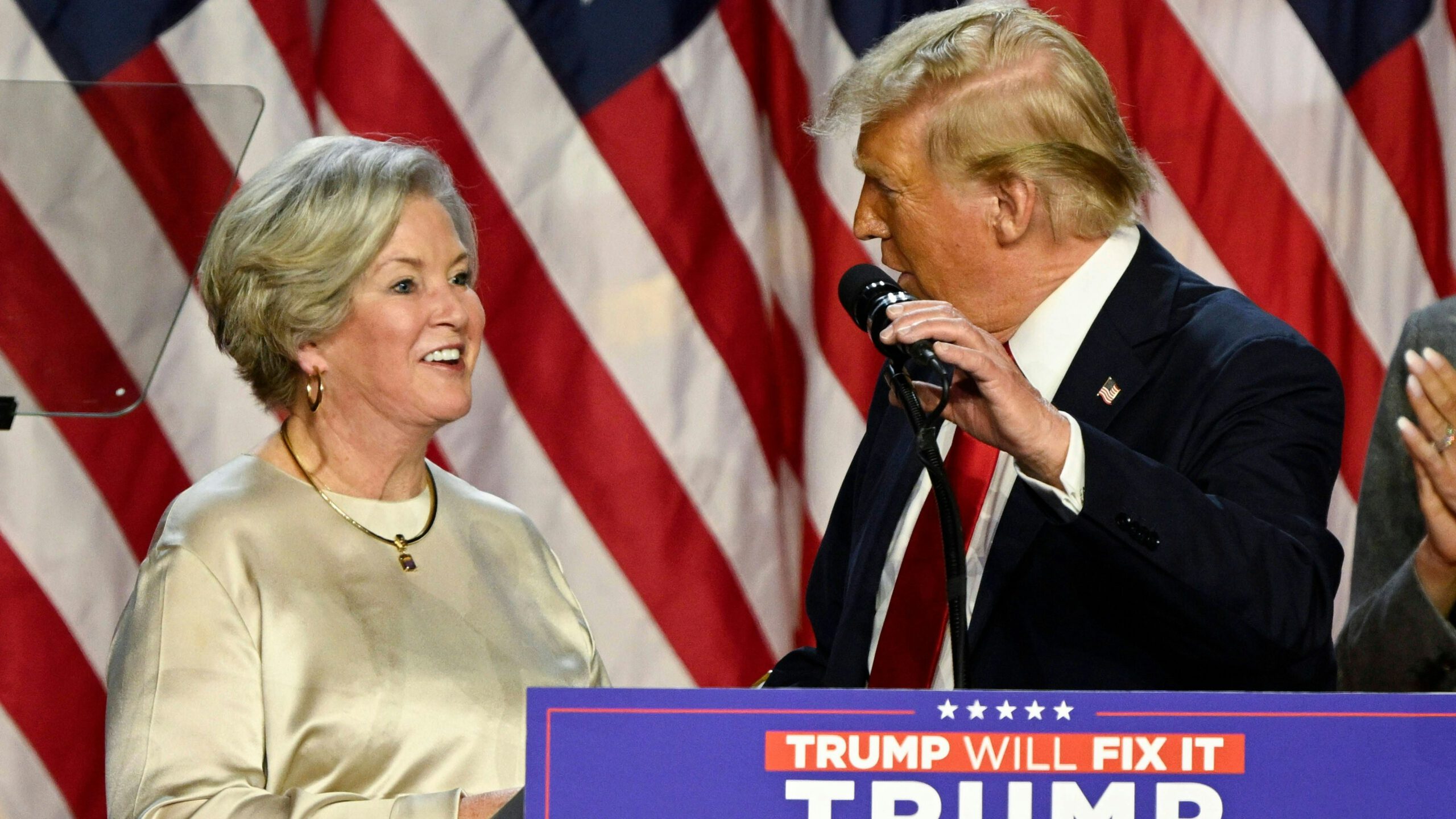In a bid to court advocates of cryptocurrency and counter China’s influence in the sector, former President Donald Trump has pledged to create a strategic bitcoin reserve if elected in 2024. Speaking at the Bitcoin 2024 convention in Nashville, Trump emphasized the need for the U.S. to embrace cryptocurrency and implement friendlier regulations.
“We’re going to have a major announcement soon about a stockpile, a big stockpile, maybe a million bitcoin,” Trump declared to an enthusiastic crowd. He positioned this move as essential for the U.S. to dominate the cryptocurrency sector and compete with China, which has cracked down on cryptocurrency while still allowing investors to trade tokens and open overseas bank accounts.
Trump’s announcement comes as the price of Bitcoin holds steady at around $68,000, with a market capitalization of over $1 trillion. A 1 million bitcoin strategic reserve would represent approximately 5% of the world’s bitcoin supply, a significant amount that could impact the cryptocurrency market.

U.S. Government’s Current Approach to Cryptocurrency
The U.S. government currently takes a relatively light-handed approach to regulating cryptocurrency compared to countries like China. However, it does engage in the practice of auctioning off cryptocurrencies seized in criminal investigations. These auctions have been known to trigger drops in crypto prices.
In one notable example, when Germany liquidated hundreds of millions of dollars worth of bitcoin, it led to a significant price dip. Despite these occasional sell-offs, the U.S. Securities and Exchange Commission has allowed spot bitcoin exchange-traded funds to operate on American markets. This move has helped cement Bitcoin’s place as a legitimate asset class in the eyes of many investors.
Proposed Legislation and Feasibility of a Bitcoin Reserve
Senator Cynthia Lummis, a Republican from Wyoming, plans to introduce legislation supporting the creation of a strategic Bitcoin reserve. The proposed bill would provide a legal framework for the U.S. government to establish and maintain a stockpile of bitcoin, similar to the country’s gold reserves.
Funding for the reserve could come from various sources, including existing Treasury Department funds or potentially taxpayer money. However, the political landscape presents challenges for passing such legislation. While some lawmakers have expressed support for embracing cryptocurrency, others remain skeptical about its stability and potential risks.
The feasibility of establishing a national Bitcoin reserve depends on garnering sufficient bipartisan support in Congress. Proponents argue that it would strengthen the U.S. position in the global cryptocurrency market and provide a hedge against economic uncertainty. Critics, on the other hand, raise concerns about the volatility of Bitcoin and the potential for market manipulation.
Despite the hurdles, Senator Lummis remains optimistic about the prospects of her proposed legislation. “I believe that this is an important step for the United States to take in order to maintain our leadership in the global financial system,” she stated. The bill is expected to be introduced in the coming weeks and will likely spark further debate on Capitol Hill.
Implications for Bitcoin and the Cryptocurrency Market
Trump’s proposal to create a national Bitcoin reserve has significant implications for the legitimacy and price of the world’s largest cryptocurrency. With Bitcoin currently holding steady at around $68,000, a U.S. government stockpile would represent a major vote of confidence in its value and potential. “This is an unbelievable vote of confidence,” said Jack Mallers, CEO of Strike, a digital payments platform.
However, as CNBC points out, Trump’s commitment pales in comparison to rival candidate Robert F. Kennedy Jr.’s pledge to create a “bitcoin Fort Knox” with a far larger reserve. Industry experts are divided on the impact of a national Bitcoin stockpile. Some believe it could stabilize prices and encourage wider adoption, while others worry about the potential for market manipulation.
“A government reserve would certainly legitimize bitcoin as an asset class, but it also raises questions about centralization and control,” said Lyn Alden, founder of Lyn Alden Investment Strategy. Regardless of the outcome, Trump’s proposal has thrust cryptocurrency into the national spotlight and ensured it will be a key issue in the upcoming presidential election.

China’s Stance on Cryptocurrency and Competition with the U.S.
In stark contrast to Trump’s proposal, China has taken a hardline approach to cryptocurrency as noted by Reuters. The Chinese government has cracked down on crypto trading and mining, imposing strict controls on capital movement. In 2021, China banned all cryptocurrency transactions, citing concerns about financial stability and money laundering.
Despite these restrictions, Chinese investors have found ways to circumvent the ban. Many continue to trade tokens and open overseas bank accounts to access the cryptocurrency market. This has led to a cat-and-mouse game between regulators and tech-savvy investors.
Trump emphasized the need for the U.S. to dominate the cryptocurrency sector to counter China’s influence. “We cannot let China win this race,” he declared at the Bitcoin 2024 convention. “They may have banned it, but they’re still in the game. We must stay ahead.”
The competition between the two superpowers in the digital currency space has intensified in recent years. While China has focused on developing its own central bank digital currency, the digital yuan, the U.S. has taken a more hands-off approach, allowing private cryptocurrencies like bitcoin to flourish.
Trump’s proposal to create a bitcoin reserve is seen as a bid to cement the U.S.’s position as a leader in the cryptocurrency sector. By embracing Bitcoin and promising friendlier regulations, he hopes to attract investment and innovation to the country.
However, critics argue that the U.S. should focus on developing its own digital currency rather than relying on a decentralized cryptocurrency like Bitcoin. They point to China’s progress with the digital yuan as a sign that the U.S. risks falling behind in the race for digital currency supremacy.
Image credit: Pexels-davidmcbee






























